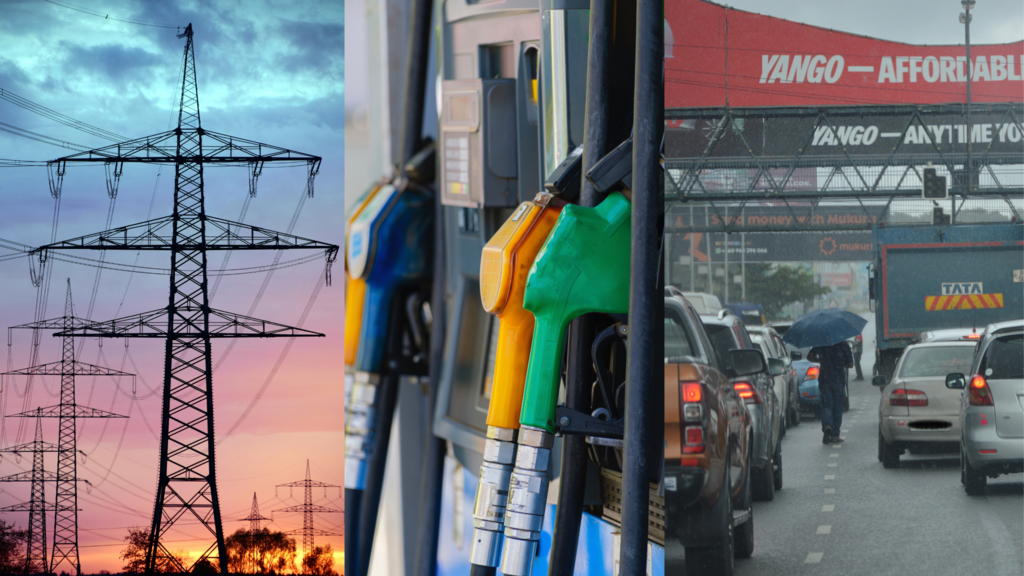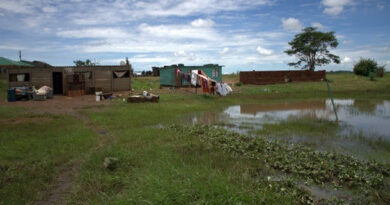JCTR Urges Bold Action as Cost of Living Remains High Despite Marginal Relief in September BNNB
The Jesuit Centre for Theological Reflection (JCTR) has released its September 2025 Basic Needs and Nutrition Basket (BNNB), revealing a marginal decline in the cost of living for a family of five in Lusaka. The total monthly basket fell by ZMW 142.19, from ZMW 11,432.17 in August to ZMW 11,289.98 in September, offering modest relief amidst continuing economic strain.
The overall reduction was largely driven by a fall in the cost of non-food essentials, particularly charcoal, which saw a notable decrease of ZMW 173.32. This suggests an improvement in supply or a seasonal easing of demand. However, this positive shift was offset by an increase in food prices, especially for key protein sources such as Kapenta (up by ZMW 147.35), beef, and beans, which have continued to put pressure on household budgets.
Conversely, the cost of vegetables fell significantly by ZMW 220.08, along with decreases in the prices of tomatoes and rice, providing partial relief to families struggling to maintain a balanced diet.
Despite the minor overall decrease, JCTR warned that the cost of living remains alarmingly high—above ZMW 11,200—posing a serious threat to the dignity and well-being of low-income households. The Centre reiterated that economic justice and solidarity must guide policy actions if Zambia is to achieve sustainable relief for vulnerable populations.
To address these challenges, JCTR proposed a set of targeted interventions focusing on farmers, vulnerable households, and small businesses. Key recommendations include:
- Timely and decentralised distribution of farming inputs, coupled with investment in local storage facilities to prevent post-harvest losses.
- Climate-resilient farming support, including weather-indexed crop insurance for small-scale farmers.
- Promotion of clean energy alternatives to reduce dependence on charcoal while protecting natural resources.
- Expansion of social protection schemes, with cash transfers indexed to the cost of the food basket to maintain their real value.
- Access to affordable finance for small and medium enterprises (SMEs) involved in food processing and distribution, alongside investment in cold-chain infrastructure to reduce spoilage and stabilise prices.
JCTR commended the government for maintaining increased transfer values under drought emergency cash transfers and its planned expansion of Food Security Pack beneficiaries in 2026. However, it urged authorities to adopt a long-term approach that safeguards human dignity through comprehensive social and economic reforms.
“The continued high cost of basic survival remains a profound concern and a challenge to the Preferential Option for the Poor,” said Edward Musosa, JCTR’s Social and Economic Development Programme Manager. “We call on government, private sector, and civil society to act in solidarity and ensure that every Zambian family can live with dignity.”



